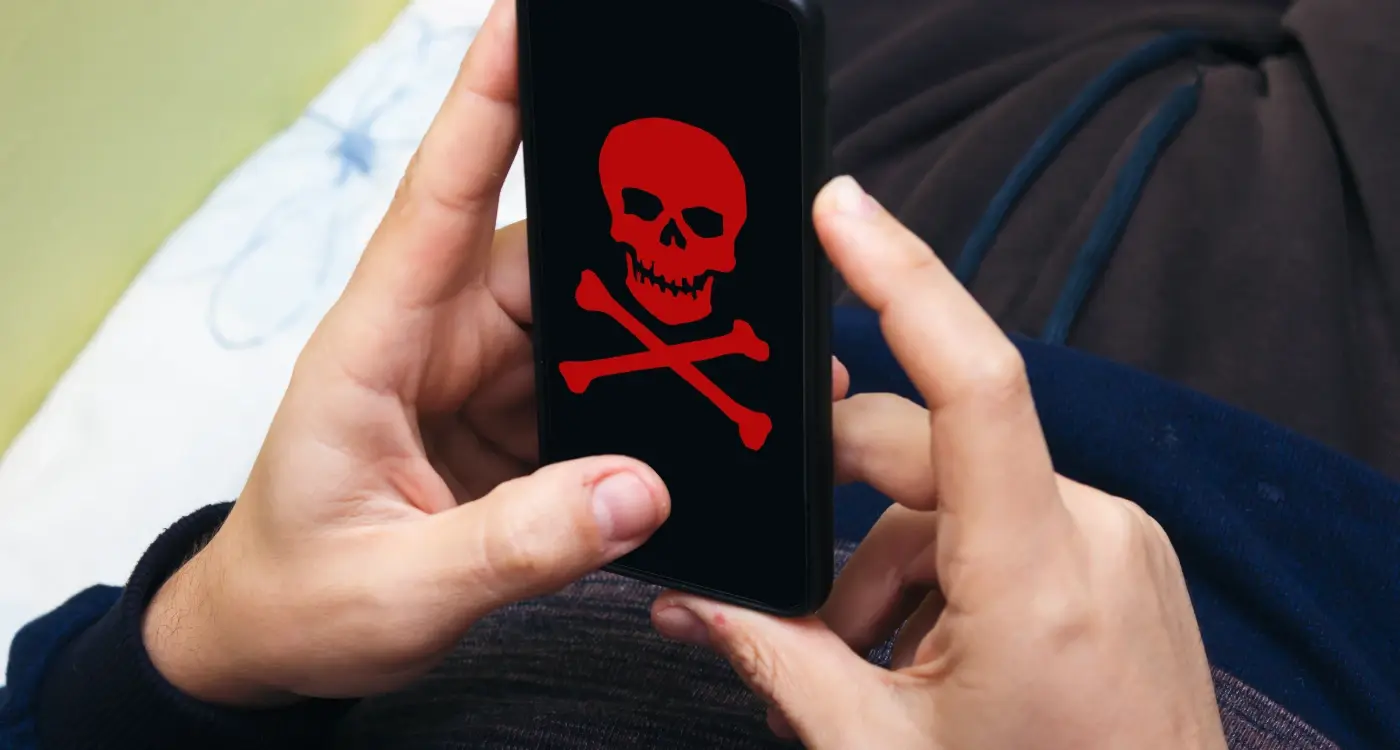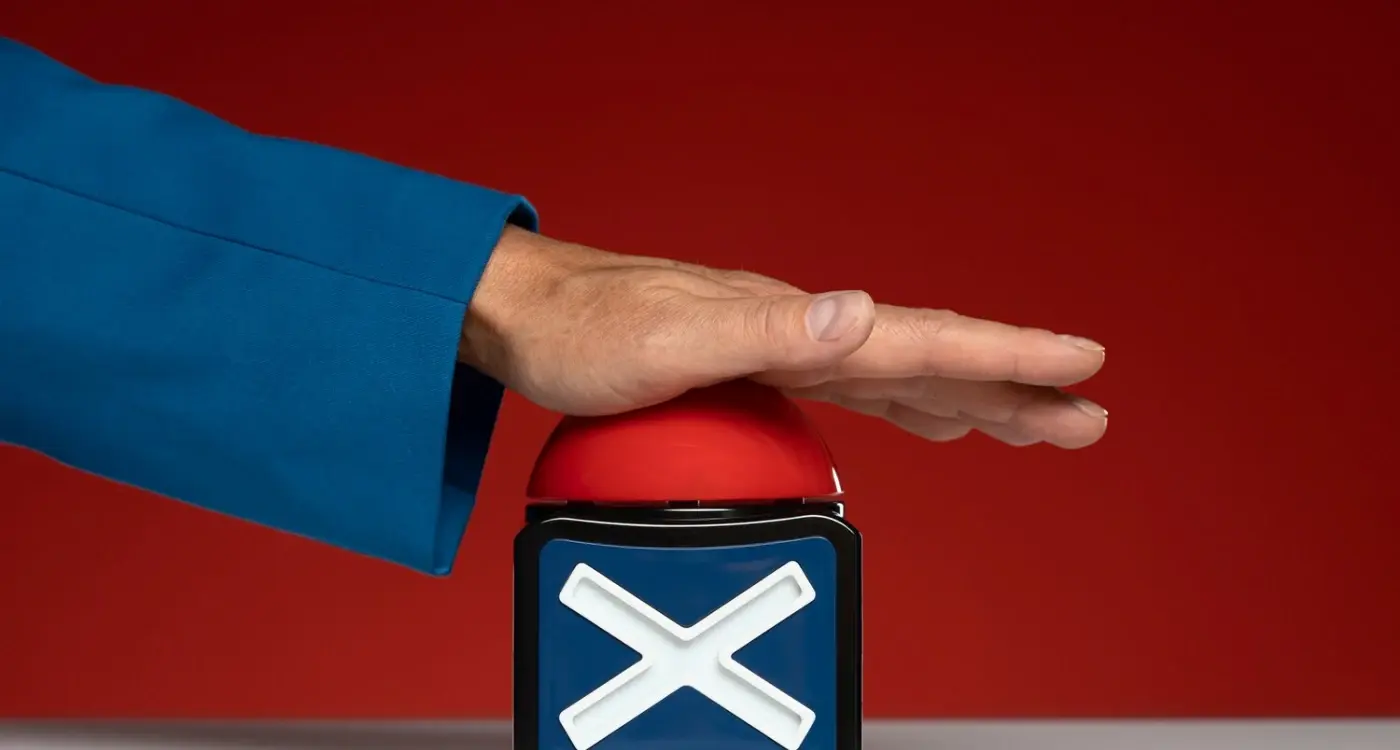What Happens If My App Breaks International Privacy Laws?
A popular educational mobile app was collecting student data across multiple countries, helping children learn mathematics through fun games and interactive lessons. Everything seemed perfect until regulators discovered the app was storing personal information about young users without proper parental consent—and worse, it was sharing this data with third-party advertising companies. Within months, the app faced massive fines, was banned from several countries, and lost millions of users who could no longer access their learning platform.
This scenario plays out more often than you might think. Building a mobile app that works across different countries isn't just about translating languages or adjusting currencies; it's about understanding that each region has its own strict privacy laws. What's perfectly legal in one country might land you in serious trouble somewhere else.
Privacy violations can transform a successful mobile app into a legal nightmare faster than most developers realise
International law around mobile app privacy isn't something you can ignore or deal with later—it needs to be baked into your app from day one. The legal consequences can be severe, ranging from hefty financial penalties to complete operational shutdowns in entire markets. Your app might be collecting user data in ways that seem harmless, but different countries interpret data privacy very differently. Some focus heavily on user consent, others on data storage locations, and many have specific rules about children's information. Getting this wrong doesn't just mean paying fines; it can destroy user trust and damage your reputation permanently. Understanding these laws before you launch can save your mobile app from becoming another cautionary tale.
Understanding International Privacy Laws
Privacy laws around the world have become much stricter over the past few years, and honestly, they can feel a bit overwhelming when you're trying to build an app. The thing is, these laws aren't just suggestions—they're legally binding rules that your app must follow, no matter where your users are located.
The most famous of these laws is probably the General Data Protection Regulation, or GDPR, which covers anyone in the European Union. But it's not the only one you need to worry about. The California Consumer Privacy Act (CCPA) affects users in California, Brazil has the Lei Geral de Proteção de Dados (LGPD), and countries like Australia, Canada, and South Korea all have their own versions.
What These Laws Actually Require
At their core, these privacy laws share some common requirements that your app needs to meet:
- Tell users exactly what personal data you're collecting and why
- Get clear permission before collecting sensitive information
- Let users see what data you have about them
- Allow users to delete their personal information
- Keep personal data secure and protected
- Report data breaches quickly to authorities
The Tricky Part About Global Apps
Here's where it gets complicated—if your app is available globally, you might need to comply with multiple privacy laws at once. A user in Germany is protected by GDPR, whilst someone in California falls under CCPA rules. Your app needs to handle both situations properly, which means understanding the strictest requirements and building your systems to meet them all.
The good news? Most privacy laws are built around the same basic principle: giving people control over their personal information. Start there, and you're already on the right track.
What Personal Data Your App Collects
Right, let's get straight to the point—your mobile app is probably collecting far more personal data than you think it is. I've worked with countless clients who genuinely believed their simple photo-sharing app or fitness tracker was "harmless" only to discover they were gathering dozens of data points about their users without properly understanding the legal consequences under international law.
Personal data isn't just obvious stuff like names and email addresses. Location data from GPS tracking, device identifiers, IP addresses, browsing habits, app usage patterns, contact lists, photos with embedded metadata, voice recordings, biometric data from fitness features—the list goes on and on. Even something as basic as tracking which buttons users tap most frequently counts as personal data collection.
Common Types of Data Collection
- Account registration information (names, emails, phone numbers)
- Location data and movement patterns
- Device information and unique identifiers
- Usage analytics and behaviour tracking
- Photos, videos, and user-generated content
- Health and fitness metrics
- Social media connections and contacts
- Payment and financial information
Audit your app's data collection every six months. Create a comprehensive list of every single data point your app touches, stores, or transmits—you'll probably be surprised by what you find lurking in your analytics and third-party integrations.
The tricky bit is that many apps collect data through third-party services and SDKs without developers fully realising it. Your advertising network, analytics platform, crash reporting tool, and social media integrations are all potential data collection points that could land you in hot water with international privacy laws if not properly managed.
Legal Consequences of Privacy Violations
When your app breaks international privacy laws, you're not just looking at a slap on the wrist—the legal consequences can be pretty serious. I've seen app developers completely blindsided by what happens next, thinking they'll get a warning email or a friendly chat with regulators. That's not how it works.
The legal process usually starts with an investigation. Privacy regulators don't mess about when they receive complaints or discover violations during audits. They'll dig deep into your data practices, demand documentation, and require detailed explanations of how your app handles personal information. This isn't a quick process either; investigations can drag on for months whilst you're left wondering what the outcome will be.
Formal Legal Proceedings
If regulators find you've violated privacy laws, you'll receive formal enforcement notices. These legal documents outline exactly what you've done wrong and what you need to fix. Ignoring these notices makes everything worse—much worse. The authorities have real power here, and they're not afraid to use it.
Some violations can even lead to criminal proceedings, particularly if there's evidence of intentional misuse of personal data or gross negligence. That means potential court appearances, legal fees that keep climbing, and outcomes that could affect your business permanently.
Compliance Orders and Legal Obligations
Beyond immediate penalties, you'll often face ongoing legal obligations. Courts or regulators might issue compliance orders that dictate exactly how your app must operate going forward. These orders can restrict what data you collect, how you process it, and even require regular audits to prove you're following the rules. Breaking these orders brings fresh legal consequences—and the cycle starts all over again.
Financial Penalties and Fines
When your mobile app breaks international privacy laws, the financial consequences can be devastating. I'm talking about fines that could put you out of business overnight—and they're not just theoretical threats anymore.
The GDPR leads the pack with the harshest penalties. They can fine you up to 4% of your annual global turnover or €20 million, whichever is higher. That's not a typo. If your app makes €100 million a year, you could face a €4 million fine. For smaller developers, even the €20 million figure represents financial ruin.
How Regulators Calculate Fines
Privacy regulators don't just pick numbers out of thin air. They look at several factors when deciding how much to fine you. The severity of the violation matters most—accidentally collecting extra data gets treated differently than deliberately ignoring user consent. They also consider your company's size, how much money you make, and whether you've broken privacy laws before.
The fines are designed to hurt enough that companies take privacy seriously, but not so much that they destroy businesses entirely
Beyond the Headline Fine
The big fines grab attention, but they're just the start of your financial troubles. You'll need lawyers to fight the case, which costs thousands per day. You might need to hire privacy consultants to fix your app and prove compliance. If users sue you as well—which happens more often now—those legal bills stack up quickly. Some companies spend more defending themselves than they pay in actual fines.
Don't forget about the operational costs either. Fixing privacy violations often means rebuilding parts of your mobile app, updating your data systems, and training your team. That's expensive work that takes months to complete properly.
Operational Impacts and Restrictions
When your app breaks privacy laws, regulators don't just hand out fines and walk away—they often impose strict operational restrictions that can seriously limit how your business runs. These restrictions can be immediate and far-reaching, affecting everything from how you collect data to whether you can operate in certain countries at all.
The most common restriction is being forced to stop processing personal data entirely until you fix the problem. This means your app might have to shut down key features or even go offline completely whilst you sort things out. I've seen apps that couldn't send push notifications, process payments, or even let users log in because they were banned from handling any personal information.
Geographic Restrictions and Market Access
Regulators can also block your app from operating in their jurisdiction—meaning you lose access to entire markets overnight. This is particularly devastating if you're violating laws in major markets like Europe or California, where millions of potential users suddenly become off-limits.
Some companies find themselves forced to implement different versions of their app for different regions, which creates a maintenance nightmare and significantly increases development costs. Others have to withdraw from profitable markets entirely because the restrictions make it impossible to run their business model effectively.
Ongoing Compliance Monitoring
Perhaps most frustrating of all, regulators often require ongoing monitoring and reporting once you've been caught violating privacy laws. This means regular audits, detailed compliance reports, and sometimes having an external monitor oversee your data practices. The administrative burden alone can consume significant resources and slow down your ability to innovate or expand your app's features.
Reputation and User Trust Damage
When your mobile app breaks international privacy laws, the damage to your reputation can be far worse than any fine. Trust takes years to build but only seconds to destroy—and in today's connected world, news of privacy violations spreads faster than ever before.
Users become suspicious of apps that mishandle their personal data. They start asking uncomfortable questions: what else might this company be hiding? Can I really trust them with my information? Once that doubt creeps in, it's incredibly difficult to shake off. People will delete your app, leave negative reviews, and warn their friends to stay away.
The Ripple Effect
The damage doesn't stop with existing users. Potential new users will see the negative publicity and think twice before downloading your app. App store ratings plummet, downloads decrease, and your mobile app struggles to gain traction in an already competitive market.
Monitor social media and review platforms regularly to catch reputation issues early—responding quickly and transparently can help limit the damage to user trust.
Long-Term Business Impact
Investors get nervous when legal consequences start piling up. Business partnerships become harder to secure when your company name is associated with privacy violations. The effects under international law can follow your company for years, making it harder to expand into new markets or launch new products.
Some companies never fully recover from major privacy scandals. The trust deficit becomes a permanent handicap that affects everything from user acquisition costs to employee recruitment. Rebuilding that trust requires transparency, consistent good behaviour, and often a complete overhaul of your privacy practices.
- Negative app store reviews and ratings
- Decreased user retention and engagement
- Difficulty attracting new users
- Loss of business partnerships
- Investor confidence issues
- Higher marketing costs to rebuild reputation
Conclusion
Breaking international privacy laws isn't just a slap on the wrist—it can seriously damage your business in ways that take years to recover from. We've covered the legal mess you could find yourself in, the eye-watering fines that regulators can impose, and how your app might get banned from entire markets. But perhaps most damaging of all is losing the trust of your users, which is incredibly hard to win back once it's gone.
The good news? Most privacy violations are completely avoidable with proper planning and understanding. You don't need to become a legal expert overnight, but you do need to take privacy seriously from day one of your app development process. This means understanding what data you're collecting, why you're collecting it, and making sure you have the right legal basis for doing so in every country where your app will be available.
Privacy laws aren't going away—they're getting stricter and more widespread. Countries around the world are introducing tougher regulations, and enforcement is becoming more aggressive. What might seem like a grey area today could become a clear violation tomorrow. The smartest approach is to build privacy protection into your app from the ground up rather than trying to bolt it on later.
Working with experienced developers who understand international privacy requirements can save you from costly mistakes. At the end of the day, protecting your users' privacy isn't just about avoiding fines—it's about building a sustainable business that people trust and want to use.
Share this
Subscribe To Our Learning Centre
You May Also Like
These Related Guides

What Happens If My App Gets Hacked?

What Happens to My App if I Choose the Wrong Platform?



